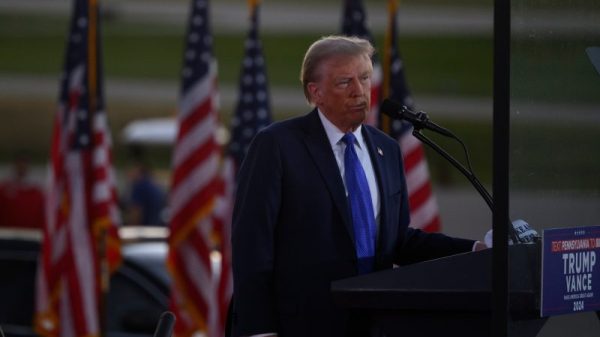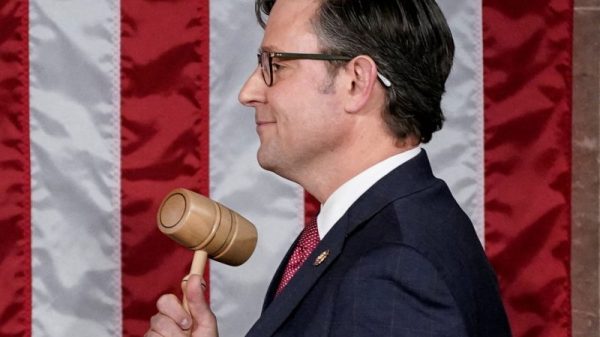Following years of litigation, a federal court has finally ruled it unconstitutional for the FBI to search communications of US citizens collected under Section 702 of the Foreign Intelligence Surveillance Act (FISA). In a ruling unsealed last week, US District Court Judge LaShann DeArcy Hall decided that these “backdoor” searches violate the Fourth Amendment.
As noted by the Electronic Frontier Foundation, FISA allows federal intelligence agencies to collect swaths of foreign communications “in the name of ‘national security.’” Even though some of those communications might involve US residents, the government has argued that requiring warrants “would hinder the FBI’s ability to obtain and act upon threat intelligence.” In 2023, the FBI conducted more than 57,000 “US person” data searches, marking a 52 percent decrease from 2022.
This particular decision stems from a case involving Agron Hasbajrami, a permanent US resident who was arrested in 2011 over accusations that he planned to join a terrorist organization in Pakistan. However, the government failed to disclose that part of its case rested on emails it obtained without a warrant through Section 702 of FISA.
An appeals court in 2020 ruled that these types of searches might be unconstitutional, but now it’s official. Judge DeArcy Hall found the FBI’s warrantless search of US data “unreasonable” under the Fourth Amendment:
While communications of U.S. persons may nonetheless be intercepted, incidentally or inadvertently, it would be paradoxical to permit warrantless searches of the same information that Section 702 is specifically designed to avoid collecting. To countenance this practice would convert Section 702 into precisely what Defendant has labeled it – a tool for law enforcement to run “backdoor searches” that circumvent the Fourth Amendment.
Congress reauthorized Section 702 of FISA last year, and it’s set to expire again in 2026. The EFF is asking lawmakers to create a “legislative warrant requirement so that the intelligence community does not continue to trample on the constitutionally protected rights to private communications.”





























